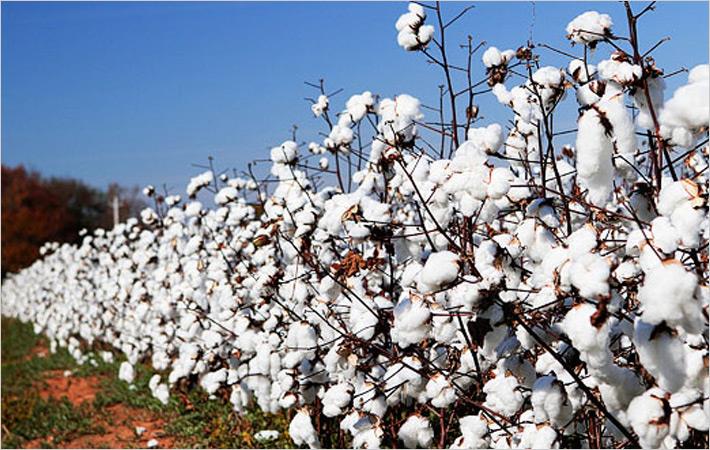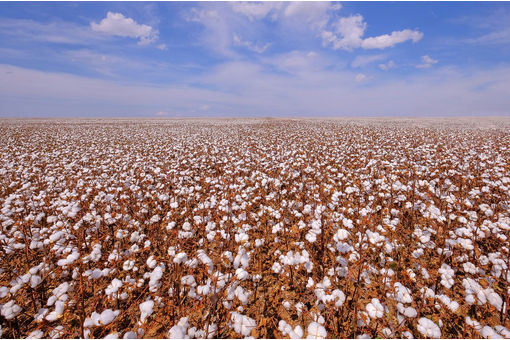Provide direct subsidy to farmers: CITI tells Centre

Welcoming the ₹1,130 per quintal hike in minimum support price (MSP) on cotton for 2018-19 season announced by the government, CITI chairman Sanjay K Jain said, “At one level, the move would certainly increase farmers’ income, leading to an increase in domestic consumption that would eventually support the overall Indian economy.”
“However, we need to examine the event from different perspectives and understand that the lakhs of farmers gain should not impact the $120 billion industry which employs directly and indirectly more than 10 crore people,” he added.
According to Jain, the impact of around 26-28 per cent increase in MSP would be huge and possibly unprecedented because MSP increased by mere ₹1,320 per quintal from 2009-10 to 2017-18, compared to ₹1,130 per quintal hike for the upcoming season.
The proposed hike in MSP is based on 1.5 times the A2+FL costs and would impact each segment along the supply chain raising the final price of the product. Further, this intervention would also make Indian cotton fibre relatively expensive with respect to international prices.
As textile and clothing exports are still reeling under the pressure to perform, absorbing a hike of 28 per cent would be difficult for the entire textile industry. In spite of some favourable factors like China’s imposition of an additional 25 per cent import duty on American cotton and depreciation of rupee against the dollar, cotton and yarn would face headwinds, Jain said.
He emphasised that the real impact would depend on the movement of international prices of cotton. In case, prices stay above MSP, there will be no issue. However, if prices fall below it, the impact would be severe. The industry is fully integrated with the global market and India being a significant player, cannot work in isolation. Post 2008 recession, Indian MSP was higher than international prices which finally led to a huge loss to the industry and exports dipped significantly.
To meet the twin ends of ensuring reasonable profit for farmers and making cotton available at internationally competitive prices to the industry, a direct subsidy scheme for farmers should be considered at least partly. This would ensure that employment in the labour-intensive textile and clothing industry is not affected and the growth targets of output, export and employment are met.
Giving China’s example, Jain said that a few years back, China had also increased their buying price from farmers significantly which made their domestic prices much higher than the international prices leading to the government accumulating almost 50 per cent of the global cotton which it is still liquidating even after 5 years. This made the Chinese cotton yarn industry unviable and imports of cotton yarn zoomed from India, Vietnam and Pakistan. The Chinese government realised that holding cotton by buying at higher price is not a solution and hence, a couple of years back, it shifted to a direct subsidy route which has made the Chinese cotton industry again competitive and also reduced the government burden of stocking high priced cotton and then selling it at a loss.
Jain hoped that the Indian government would devise some direct subsidy route so that interests of both farmers and the largest industrial employer are equally protected for a win-win situation.
Jain also pointed out that higher MSP would further compel huge cotton procurement by the state-run CCI. In the past, for instance, the Centre raised cotton MSP (medium staple) by a record 39 per cent in 2008-09, driving up CCI’s procurement to an all-time-high of 8.9 million bales. He said the industry is expecting that “a clear CCI Policy is spelt out, so that in case they need to make massive procurement, the industry gets regular offering from them throughout the season at international parity prices (system linking offered prices to ICE may be formulated).” (RKS)
Fibre2Fashion News Desk – India
































-Ltd..jpg?tr=w-120,h-60,c-at_max,cm-pad_resize,bg-ffffff)





.jpg?tr=w-120,h-60,c-at_max,cm-pad_resize,bg-ffffff)
.jpg?tr=w-120,h-60,c-at_max,cm-pad_resize,bg-ffffff)






